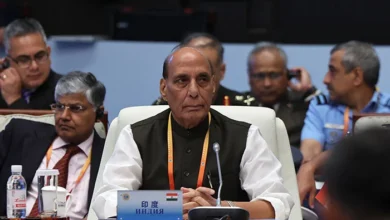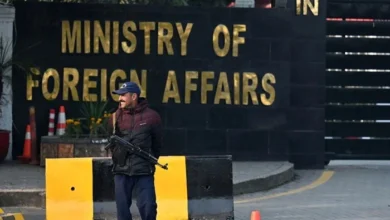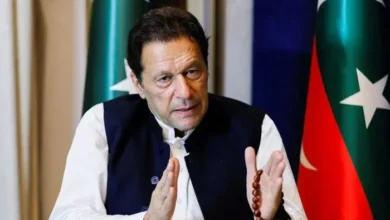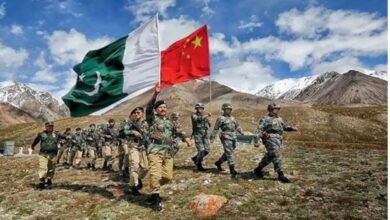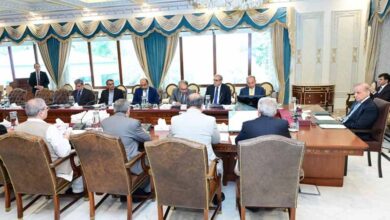Speaking at a press conference, Barrister Gohar said that PTI had submitted affidavits in favour of the Sunni Ittehad Council (SIC), and 86 of their members were duly notified by the Election Commission of Pakistan (ECP). However, he added, the recent Supreme Court decision was “deeply disappointing,” as it treated PTI’s MNAs and MPAs as independents, stripping them of their reserved seats.
The PTI chairman expressed regret over what he called “blatant injustice”. “In the hatred against PTI, justice has been compromised,” Gohar lamented while emphasising that the reserved seat notifications were never legally challenged, yet the seats were reallocated to other parties.
Gohar also questioned the top court’s internal process, arguing that the larger bench’s procedural requirements were ignored. “If the decision had been made regarding the 26th Constitutional Amendment first, the reserved seat issue would not have even arisen,” he stated.
“Our mandate may have been stolen, but we won 80 seats,” he claimed, adding that they are “trying to stay within democratic limits.”
He also criticised the Election Commission for declaring PTI-backed candidates as independents despite formal affidavits supporting the SIC. “The constitution has been distorted,” he concluded.
Senator Shibli Faraz, who was also present at the press conference, added: “There is a complete constitutional breakdown in Pakistan. Elections were delayed until the perception arose that PTI had been dismantled.”
He questioned the integrity of the Election Commission, pointing out inconsistencies: “Senate elections were held in Sindh and Punjab, but not in the National Assembly.”
The PTI lawmaker also criticised the current finance minister for focusing solely on foreign loans, with no visible plan for economic growth or national autonomy.
Kanwal Shauzab, another senior PTI leader, called the court’s verdict a “dark day in Pakistan’s legal history.” She argued that the judgment blatantly insulted the public’s vote.
“People voted for PTI-backed candidates. Those who were rejected by the voters are now occupying those seats,” she said.
“Where in the Constitution or Election Act does it say seats can be handed out like this,” she questioned.
Kanwal then warned that the ruling would have long-term consequences for parliamentary politics at all levels.


